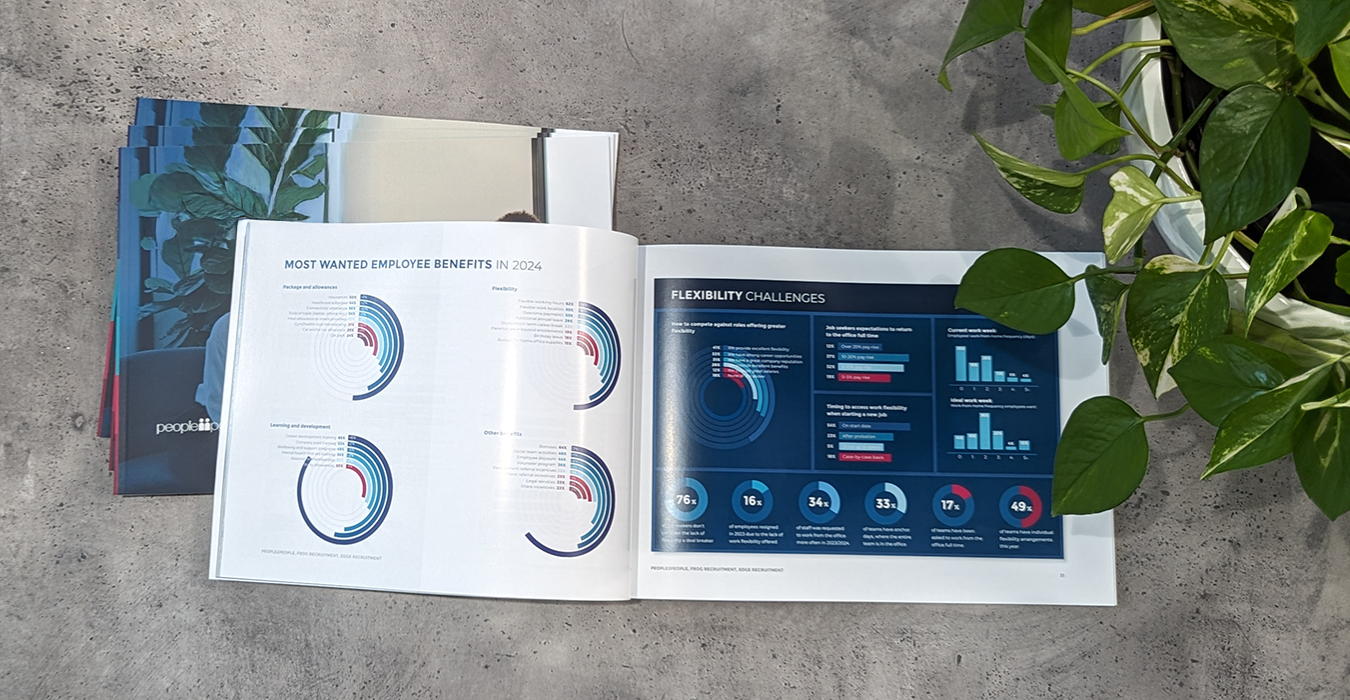Legal Assistant – Senior - Hire or get hired
Your guide to the Legal Assistant – Senior Role: Salary & hiring tips
Recruiting a Legal Assistant – Senior or looking for your next Legal Assistant – Senior job?
As a specialist recruitment agency in Legal, we work with top Legal Assistant – Seniors and senior legal leaders across Australia, New Zealand, and the UK. Whether you're looking to hire a permanent Legal Assistant – Senior or need a contract financial executive to guide your business through change, our recruitment consultants have the expertise and market insight to help.
We’ve placed dozens of senior legal professionals into roles across industries, from ASX-listed corporations to fast-growing SMEs. Our understanding of the talent landscape allows us to connect employers with legal professionals who not only meet technical requirements but align with leadership and cultural needs too.
Whether you're an employer seeking a skilled Legal Assistant – Senior or a candidate ready for your next career move, we can help.
Submit your resume or request top talent today – our expert Legal recruiters are ready to assist.
of law firms plan to grow their teams in 2025.
of law firms describe their team as slightly or significantly under-resourced.
of law firms have a hybrid working policy in place in 2025.
How to hire a Legal Assistant – Senior:
Our recruitment process
Step 1: Initial Consultation and Role Briefing
Our process begins with a detailed consultation. We meet with you to understand the role, required skills, experience level, and cultural fit. This ensures the search is tailored to your business needs.
Step 2: Candidate Sourcing and Advertising
Once the brief is clear, we promote your vacancy across job boards, LinkedIn, our AI tools, and internal database. Our recruiters also headhunt passive candidates, ensuring you reach both active job seekers and hidden talent.
Step 3: Screening and Shortlisting
We review applications, conduct phone or video interviews, verify qualifications, and check references. Only the top candidates are shortlisted, saving you time and ensuring you meet the most suitable professionals.
Step 4: Interviews and Employer Selection
Shortlisted candidates are presented to you for interview. We manage scheduling, prepare candidates, and provide you with market insights to help evaluate and compare applicants effectively.
Step 5: Offer Negotiation and Onboarding Support
After you choose your preferred candidate, we assist with salary negotiations, and manage counter-offers. We also follow up after placement to ensure long-term success.

Our latest jobs
Legal Market Update
Workplace flexibility remains a priority, with 82% of firms offering work-from-home options and 68% providing flexible hours. Despite this, office attendance is still high, with 70% of employees going in at least four days a week. Parental leave policies vary widely across the sector—some firms provide up to 26 weeks of paid leave, while others adhere strictly to government-mandated benefits.
To attract and retain talent, firms are focusing on competitive benefits, with 65% offering bonuses and 65% investing in career development training. Other key incentives include professional association memberships (72%) and company-paid training (67%). As firms compete for talent, structured career progression and additional leave entitlements are becoming essential in retaining top performers.



